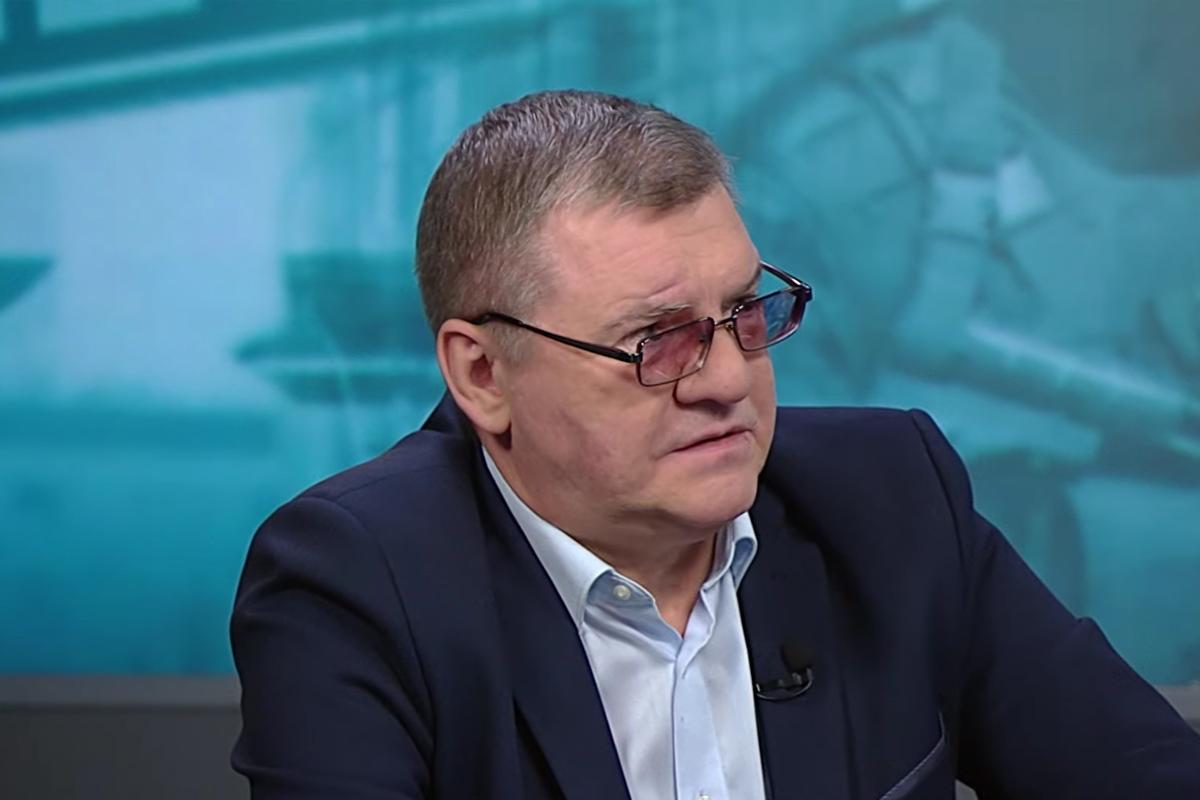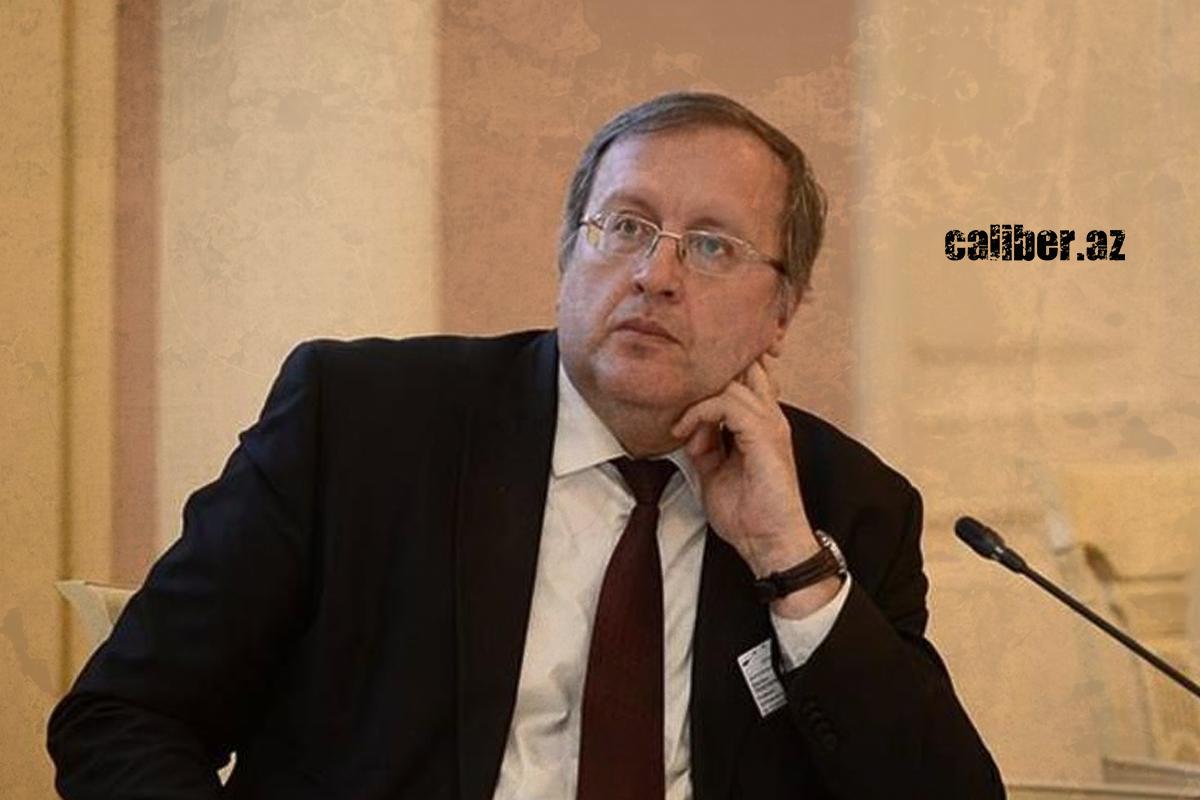Armenia's Pashinyan criticizes CSTO, draws Moscow's ire Expert insights
"No one in the CSTO holds other participants by force, if there is something to declare, let them declare openly and directly," Russian Foreign Ministry spokesperson Maria Zakharova said during a briefing, commenting on Armenian Prime Minister Nikol Pashinyan's scandalous statement that the country will leave the Collective Security Treaty Organization (CSTO). Pashinyan named Belarusian President Alexander Lukashenko as one of those who "let Armenia down".
Apparently, Pashinyan is ready to cross the red lines, blaming the CSTO, Russia and Belarus all at once? Caliber.Az correspondent addressed this question to Russian and Belarusian experts.

According to Belarusian military expert, reserve colonel, professor of the Academy of Military Sciences of the Russian Federation Alexander Tikhansky, due to the failure of his foreign and domestic policy, Pashinyan is looking for someone to blame for his failures. Recently, Yerevan has consistently criticized the CSTO, gradually reducing its participation in the organization. At the same time, Pashinyan's main focus is on Russia's and Belarus' positions on Azerbaijani Karabakh.
"By accusing the CSTO of allegedly planning a war against Armenia, Yerevan has moved from diplomatic discourse to a more confrontational stance, which fits the role it is currently playing. In late May, Armenian Prime Minister Nikol Pashinyan stated that 'at least two CSTO countries' assisted Azerbaijan in preparing for the war against Armenia. He did not name these states but claimed that military actions in 2020 aimed to eliminate Yerevan's independence, with such attempts continuing thereafter. Pashinyan also alleged that these two countries created a simulation of assistance to Armenia during the conflict. He then absurdly portrayed Russia and Belarus as responsible for his military and political defeat," noted Tikhansky.
In his opinion, Pashinyan's course was known since his pre-election campaign, and the exit from the CSTO was predetermined by his French “friends” and the Soros clique.
"Therefore, both Russia and Belarus understand perfectly well that there is no point in grappling with Yerevan's 'windmill' under the current Armenian government. There is a procedure for leaving the CSTO, but without political noise and accusations against Belarus and Russia. However, the West is not interested in that. Hence Pashinyan behaves in this manner," emphasized Tikhansky.

According to Russian political scientist and professor at St. Petersburg State University, Stanislav Tkachenko, over the past few months since spring 2024, the Russian Ministry of Foreign Affairs has repeatedly expressed dissatisfaction with Pashinyan's and other Armenian leadership representatives' positions towards Moscow and the CSTO.
"In the Russian establishment and expert community, two viewpoints have emerged. One suggests that Yerevan is attempting to find blame for losing control over Karabakh in the CSTO and Russia as its leader, hence actively discussing this issue. Advocates of this viewpoint urged Moscow not to dramatize the situation, hoping that after public opinion in Armenia shifts away from the conflict defeat in Karabakh, Yerevan would return to a policy that is loyal to Russian interests, combining it with an intensification of relations with the EU and the US. Almost all of Russia's neighboring states pursue such a multi-vector strategy, which Moscow views with equanimity.
The other viewpoint suggests that Nikol Pashinyan is a Western ally, a 'Sorosite,' who has betrayed his country's interests in favor of Washington's agenda. He concealed his true intentions for a long time, but now, faced with the choice of either retaining power or facing a disgraceful resignation, he has discarded the mask and openly serves the interests of the collective West. Ukraine previously demonstrated a similar policy, prioritizing integration into Atlantic structures over questions of sovereignty and national survival," noted the political scientist.
According to Stanislav Tkachenko, the statement by Maria Zakharova on June 14 about 'endless wrangling' and real, not fabricated, security threats in the South Caucasus region indicates that Moscow is now leaning towards the second position mentioned earlier.
"The Russian Foreign Ministry is already tired of commenting on Yerevan's accusations that the CSTO did not assist Armenia, and that the Russian army was not deployed along the officially non-existent state border with Azerbaijan and did not fight for Armenians in Karabakh instead of the Armenian armed forces. Zakharova's irritation suggests that Russia will no longer discuss this issue.
"The optimal scenario for Russia would be for Pashinyan to sign a peace agreement with Azerbaijan and shortly thereafter relinquish power to forces prioritizing national interests over 'European values,'" Tkachenko concluded.








